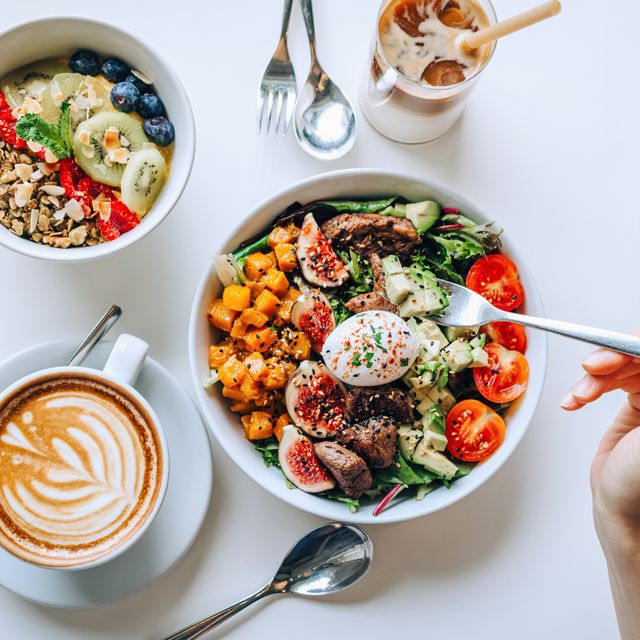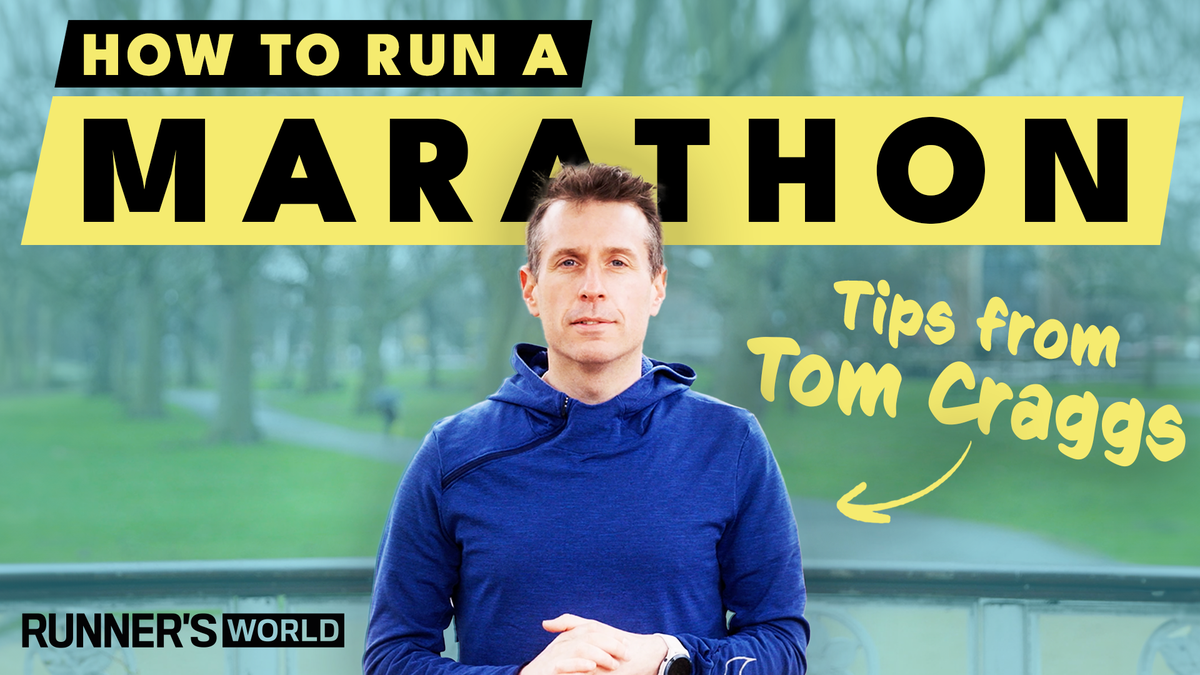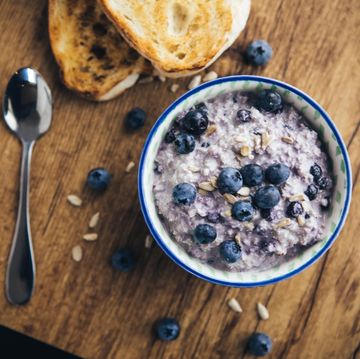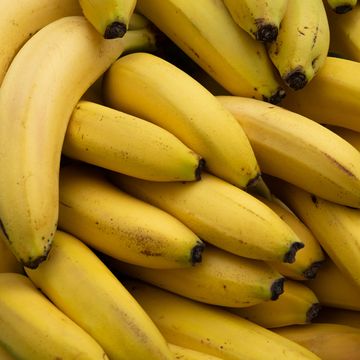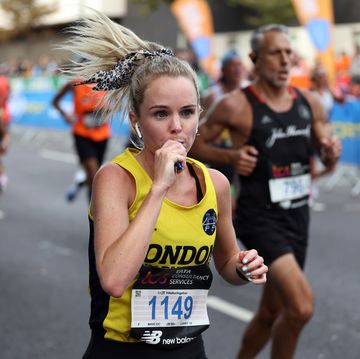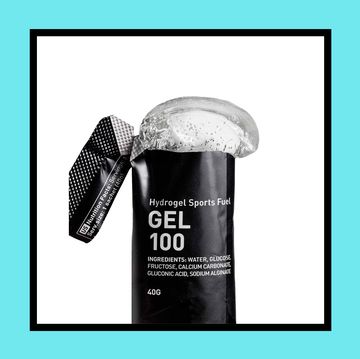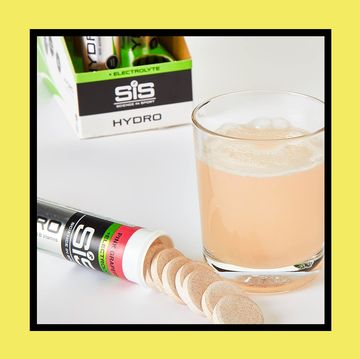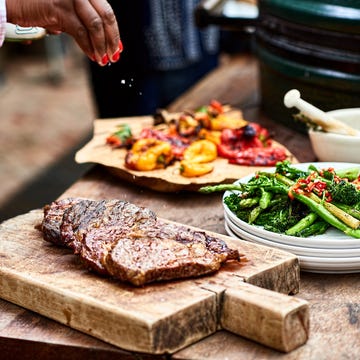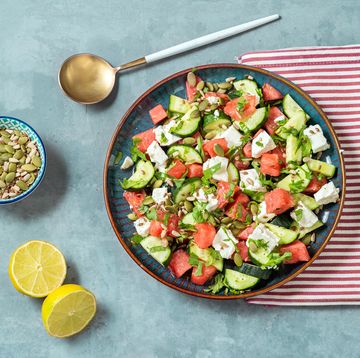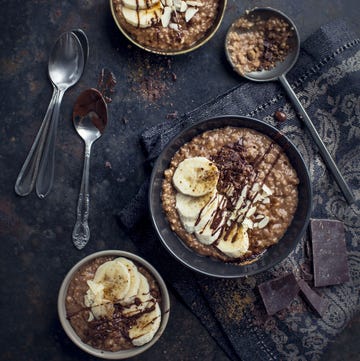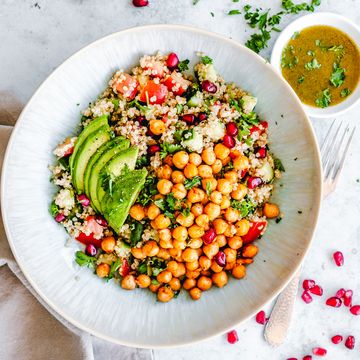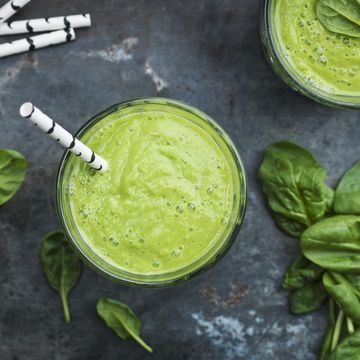Usually green and always trendy, superfoods are the celebrated heroes of the nutrition world. In fact, ‘superfood’ has become something of a buzzword in recent years, with a new member of the superfood gang trending every week across wellness spaces on social media.
From well-marketed green powders to genetically modified purple tomatoes, the superfood world can be a bizarre and confusing place. What used to be a relatively small list of food items has grown to include anything vaguely healthy. Navigating this, therefore, can be difficult. Which of these foods is worth splashing out on? What is just BS? And, of course, which are best for runners?
Here’s our recommended superfoods to boost your running performance, based on the best available science.
Avocado
Spread on sourdough or chopped up in a poké bowl, avocados are certainly a trendy food. Thankfully, the hype is mostly justified. These creamy fruits are a rich source of monounsaturated fat, the kind that's good for your the heart and keeps you satiated. Yasi Ansari, M.S., R.D.N., C.S.S.D., national media spokesperson for the Academy of Nutrition and Dietetics said: 'Fats can also help to fuel long-duration, low-to-moderate intensity exercise. It is key to incorporate foods like avocado into a runner’s diet to help them meet their increased energy needs and support good health and recovery.'
Beans and lentils
If you're looking to eat more plant-based meals without sacrificing protein, make friends with beans and lentils. The base of ubiquitous ‘superfood salads’ found in the meal deal department of supermarkets and on the pages of celebrity chefs’ cookbooks, beans and lentils deserve their spot on the superfoods list.
And, unlike many other supposed superfoods, tinned beans such as red kidney beans, butter beans, cannellini beans or even the humble baked bean are all eminently affordable. Packed with protein, fibre, iron and vits, beans of every variety support gut health – something that's been linked to improved athletic performance.
Additionally, lentils are high in iron. If you’re deficient in this mineral, your body is less efficient at using calories for fuel, says nutritionist Marlo Mittler – something that no runner wants.
Berries
Raspberries, strawberries, blueberries, blackberries, cranberries, gooseberries – there’s plenty to choose from, and the list of vitamins and minerals they pack is almost as long: potassium, magnesium, vitamins C and K, fibre and prebiotics. What’s more, berries offer antioxidant properties that can help combat fatigue and promote recovery, explains Frances Largeman-Roth, RDN, a New York-based nutrition expert and avid runner. Chock-full of vitamin C, berries also support the immune system, keeping you in peak running shape.
Eggs
Mother nature’s versatile source of omega-3, eggs, poached, scrambled or boiled, are a super edition to your breakfast, lunch, dinner or snack plate. 'Eggs contain all the essential amino acids, making them a complete protein,' says Mittler. As well as delivering all the building blocks your body needs to repair and upgrade your muscles after a tough training session, they’ll save you battling those midmorning snack demons because the protein at breakfast keeps your blood sugar from spiking and then crashing, which causes hunger.
Potatoes
The good old potato shouldn’t be lumped in the same box as low-nutrient carbs such as white bread or white rice (though, in moderation, these have a place in the runner’s diet too). Granted, in chip form dripping in oil from the fryer, they are not the most nutritious, but baked, boiled or mashed, potatoes are a great source of energy-sustaining carbs for runners.
Sweet potatoes usually get a better rep as superfoods, but in reality, both sweet and white potatoes pack vitamins and minerals. White potatoes actually contain more potassium – an important heart-regulating mineral for runners.
Spinach, kale and green leafy veg
Packing iron, which is vital for enabling your red blood cells to carry oxygen to your muscles, kale should be in every runner’s diet. Kale is also a great source of Vitamin K, another essential nutrient for runners due to its positive influence on bone development, which is important if you’re doing a lot of high-intensity running.
Popeye had the right idea with spinach as his favourite meal. NHS research shows spinach is rich in natural nitrates that look after your cardiovascular system. Spinach can potentially boost running performance by maximising oxygen and nutrient delivery to your circulatory system and muscles. Both kale and spinach can be mixed into pasta dishes or stir-fries or make a tasty side dish.
Salmon
Often labelled the king of seafood, salmon is a great source of protein and omega-3 for runners, helping to increase blood flow and boost recovery. Research shows this pink fish contains essential fats that can reduce inflammation after a run, improving tissue repair and reducing muscle pain. But try and stick to the wild type rather than farmed salmon that is pumped with fishmeal and dangerous chemicals. Smoked salmon on a bagel for brekkie, rolled into sushi for lunch on the go or baked with veggies for dinner makes for a delicious, nutritious addition.
Yoghurt
A favourite among children and adults, this household ingredient is the ultimate snack or breakfast food for runners. Loaded with protein, calcium, phosphorus and B vitamins, all nine essential amino acids and probiotics, yoghurt builds strong bones and supports a healthy gut. Registered dietician Karen Ansel M.S., R.D.N. praises this dairy product as 'one of the healthiest foods you can eat'. Beware, though, that some flavoured yoghurts can contain a lot of sugar – Greek and natural yoghurts are better options.
Although it is usually eaten with fruit, honey or granola as a sweet snack or breakfast, if you just can't get enough, try stirring some mint sauce into greek yoghurt to make a yoghurty dressing for savoury meals.
